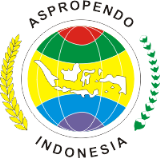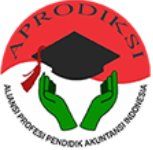The Influence of the Implementation of the Teaching Campus MBKM Program on Student Learning Agility and Civic Engagement
DOI:
https://doi.org/10.15294/dp.v19i2.19924Keywords:
Civic Engagement, Learning Agility, MBKM, Student, Teaching CampusAbstract
This research was motivated by one of the MBKM programs, namely Teaching Campus, which is a teaching assistance program targeting schools that are affected by the pandemic, are in the 3T area as well as have low literacy and numeracy skills. Citizen involvement is known as civic engagement in this program, students carry out their duties as citizens who are known as agents of change and are required to become problem solvers. By entering society, students will have learning agility. This research reviews the influence of the implementation of the Teaching Campus MBKM program on student learning agility and civic engagement. The research method used in this research was a quantitative approach. The population in this study were all students from various universities implementing the fourth MBKM Teaching Campus program in Purbalingga Regency. The data collection method used a questionnaire. Data collection techniques were through library and literature studies. The analysis tool used was Partial Least Square (PLS). Based on the results of research and data analysis, it can be concluded that the Teaching Campus MBKM program (X) has a positive effect on learning agility (Y1) and the Teaching Campus MBKM program (X) has a positive effect on civic engagement (Y2). Considering its influence, the university should always encourage its students to participate in the Teaching Campus MBKM program.










